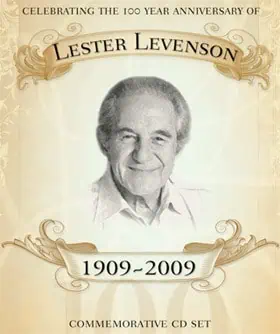Are you the type that frets for hours over a failure, obsessing over what you could have done differently?
You barrage yourself with insults: “Why are you so careless? Can’t you do anything right?!”
They call this “beating yourself up” for a reason. Afterwards, your brain feels bruised, the cloud of angry emotions reverberating to the outer edges of your head.
Or maybe you shrug it off and collapse in front of the TV. Inside you’re a bit disappointed in yourself, but with each episode the disappointment becomes a faint specter until it evaporates.
Whether you choose to lash out at yourself or suppress your anger, in both cases the reaction is a counterproductive one. In fact, all you’re doing is setting yourself up for future failure.
In the first example, you’re equating the episode with your self-worth. This becomes a self-fulfilling prophecy.
Think about it. If you constantly tell someone he’s stupid or worthless, this will eventually seep into his subconscious and erode his self-esteem. You wouldn’t say these things to a child, would you? Of course not!
So why say them to yourself? Don’t you deserve the same level of respect?
On the other hand, if you attempt to submerge these feelings, you are not truly erasing them but simply throwing a rug over them like when you were a kid and you had to clean your room.
They may be temporarily out of sight, but that doesn’t mean they’re not there. Like dust they fester, taking on more and more layers until they corrode your entire system.
So what’s the solution?
First, take a good, honest look at the circumstances that led to the mistake. Don’t sugarcoat things or place the blame on others. Simply see things as they are.
Allow yourself to feel the depth of the disappointment and regret. Cry a few tears or punch a pillow if you need to.
Then, say goodbye to these feelings. Kick them to the curb like a guest who’s overstayed his welcome.
Embrace the failure with love and gratitude, letting go of any lingering rage. Every mistake presents an opportunity to learn and grow.
For instance, say you got a parking ticket. Next time you’ll read the parking signs more carefully and set a timer before your meter runs out. This has larger benefits beyond avoiding future tickets—it’ll teach you to be more aware of your surroundings, quicker to spot opportunities and avoid dangers.
If we address our mistakes in a proactive way, we will emerge from them better than ever—more dedicated, determined, and conscientious.
This doesn’t mean we won’t make mistakes in the future. We’re only human. But at least we’ll be able to learn from them and move on.
But what about major, earth-shattering episodes like the failure of a marriage or a bankruptcy? How do you rebound from these?
It’s possible. But to deal with regret on this scale, you need to dig deeper, uncovering the underlying emotions that act as a driving force behind everything you do.
That’s where the Release Technique comes in.
Once you learn to confront and then release these devastating emotions, you’ll become invincible.
As Lester Levenson, founder of the Release Technique, discovered, no feeling is too big to handle. Rather than hide from a particularly painful feeling, “He began to coax it out into the open, wanting to take a good look at this biggest foe of all, which had so very nearly won the battle only a few months ago. He began to lure those feelings into the open and to dissolve them.”
You, too, can combat the biggest, baddest emotions hindering your progress: disappointment, anxiety, anger, depression. You can slay them once and for all, achieving the prosperity and inner peace you’ve always desired.
Join us at the 7-Day Success and Life Balance retreat where you’ll learn how to tap into an inner harmony that will allow you to bounce back from any misfortune or obstacle, no matter how big. You’ll discover how to find your true calling and to embrace all the curveballs that life throws your way. Are you ready for true transformation? Sign up here.





